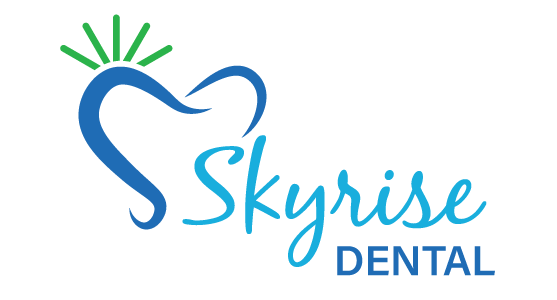Sleep apnea is a sleep disorder related to other sleep issues like insomnia and snoring. While often mild, it can significantly impact your health, producing symptoms ranging from dry mouth to fatigue to developing type 2 diabetes. If you snore loudly, you must visit a dentist since the effects can be severe and sometimes even life-threatening. Oral health problems can result from apnea and vice versa. In this blog, we’ll discuss the relationship between them.
What Is Sleep Apnea?
Sleep apnea is a sleep disorder related to other sleep issues like insomnia and snoring. While often mild, it can significantly impact your health, producing symptoms ranging from dry mouth to fatigue to developing type 2 diabetes. If you snore loudly, you must visit a dentist since the effects can be severe and sometimes even life-threatening. Oral health problems can result from apnea and vice versa. In this blog, we’ll discuss the relationship between them.
Sleep Apnea Symptoms
There are various ways you can determine that you have sleep apnea and dental issues that are symptoms. For example, waking up exhausted and sluggish despite having had enough sleep could indicate a sleep disorder, such as sleep apnea. The following are other sleep apnea signs and symptoms:
- Snoring.
- Sleeping noises, such as choking or gasping.
- Jaw pain.
- Headaches, particularly in the morning.
- Tiredness and sleepiness throughout the day.
- Waking up with a dry mouth.
- Waking up in the morning with a sore throat.
The Connection to Oral Health
Teeth Grinding
Bruxism, often known as teeth grinding, is frequently associated with apnea. You might unintentionally clench your jaw and grind your teeth to stop your tongue or soft palate from relaxing and blocking your airway. While this may help ease some of the symptoms of sleep apnea, it can also cause tooth decay and cavities.

Dry Mouth
People who suffer from apnea experience a blockage in their airway, which frequently results in their choking or gasping for air to reopen it. To do this effectively, the person typically opens their mouth to let more air into their body, which increases the possibility of developing a dry mouth.
While dry mouth may not appear harmful to dental health, it significantly affects saliva production and bacterial development. Therefore, if it is left untreated, people are more prone to develop cavities, bad breath, and gum disease.
TMJ Disorders
The temporomandibular joint (TMJ) connects the jaw to the skull on both sides. TMJ disorders, often known as TMD, which lead to clenched jaws, can be brought on by apnea. People with TMDs may have painful headaches, such as migraines, jaw pain, and teeth grinding.
Periodontitis
Those with apnea are thought to be more likely to develop gum infections, generally known as periodontitis. Although practicing good dental hygiene, such as brushing and flossing regularly, can minimize the risk of gum infections, it may increase the inflammation in the mouth, aggravating the gums and increasing the amount of plaque and germs.
How A Dentist Can Help with Sleep Apnea?
The dental effects are so widespread that your dentist may be the first to identify the symptoms and diagnose the condition. This is just one example of how regular dental visits would benefit your overall health. Continuous positive airway pressure (CPAP) machines and overnight dental devices that forward the tongue or lower jaw are common sleep apnea treatments. You shouldn’t put off getting a test if you experience any obstructive type symptoms. Untreated sleep apnea increases your risk of developing numerous health conditions, including oral health issues. If you live in Thornhill, Ontario, and experience any of these signs, call or contact us at SkyRise Dental Clinic, and we will help you right away!



